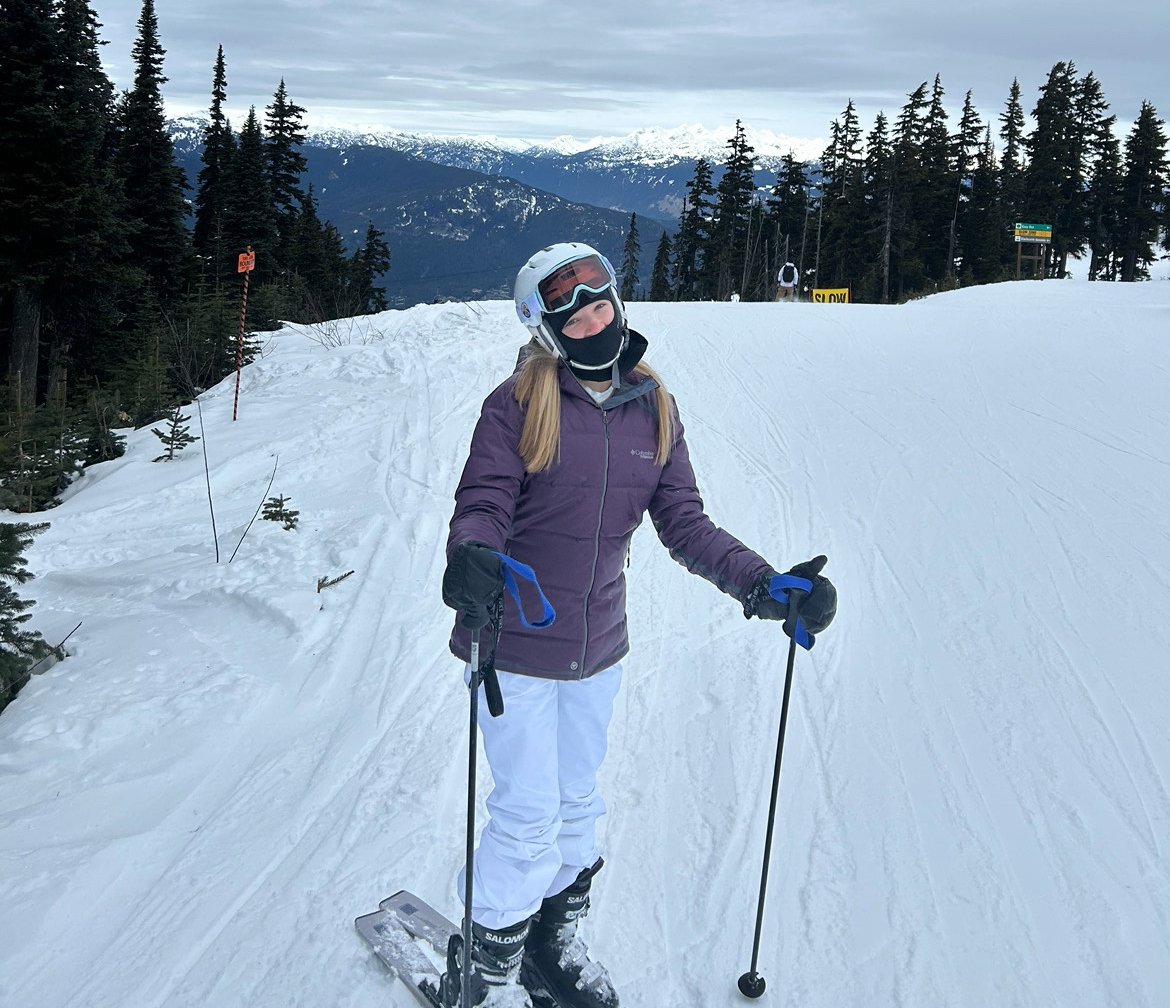
Reese Conquers Her Fears with Expert Care

Reese was always on the move, from dancing to playing multiple sports. Soon after she started high school, she came down with mononucleosis. After missing some of her soccer season, she recovered and was eager to join her school’s swim team for winter.
One day at practice, she dove into the pool and everything went blurry. When she got out, she had double vision, her head ached, her heart raced and she felt nauseous and dizzy.
Her pediatrician referred her to the nearest emergency room. Multiple care providers thought she might have Postural Orthostatic Tachycardia Syndrome (POTS), a condition where the heart beats faster to make up for a lack of blood flow. She continued to have more episodes like this, and doctors advised her not to exercise.
Reese then visited the Cardiology Unit at Children’s National Hospital, where her brother Sam had open-heart surgery that saved his life. Jonathan Kaltman, MD, took the time to clearly explain what was happening to her body. He guided her to recognize her symptoms without fear and told her exercise could help.
“Dr. Kaltman reassured her in a way that we could not," says her mom, Taryn.
In addition to receiving permission to get back to doing what she loves, Reese found a sense of clarity and peace.
“She used to panic when she felt her heart flutter,” says Taryn. “Now, she knows she can go lie down in the nurse’s office, have a salt pill and maybe go back to class in 20 minutes. It makes a huge difference to have that prescription of a plan.”
While there is no cure for POTS, compassionate care helped Reese understand her condition and how to adapt to it.
“I learned how to manage my symptoms, know what to expect and, most importantly, realize that everything was going to be okay,” says Reese. “I am forever grateful for the care that Children’s National provided me through this difficult time in my life.”

Make a Difference
Your charitable donation changes children’s lives. Support exceptional health care and discoveries that offer hope, healing and brighter futures.



